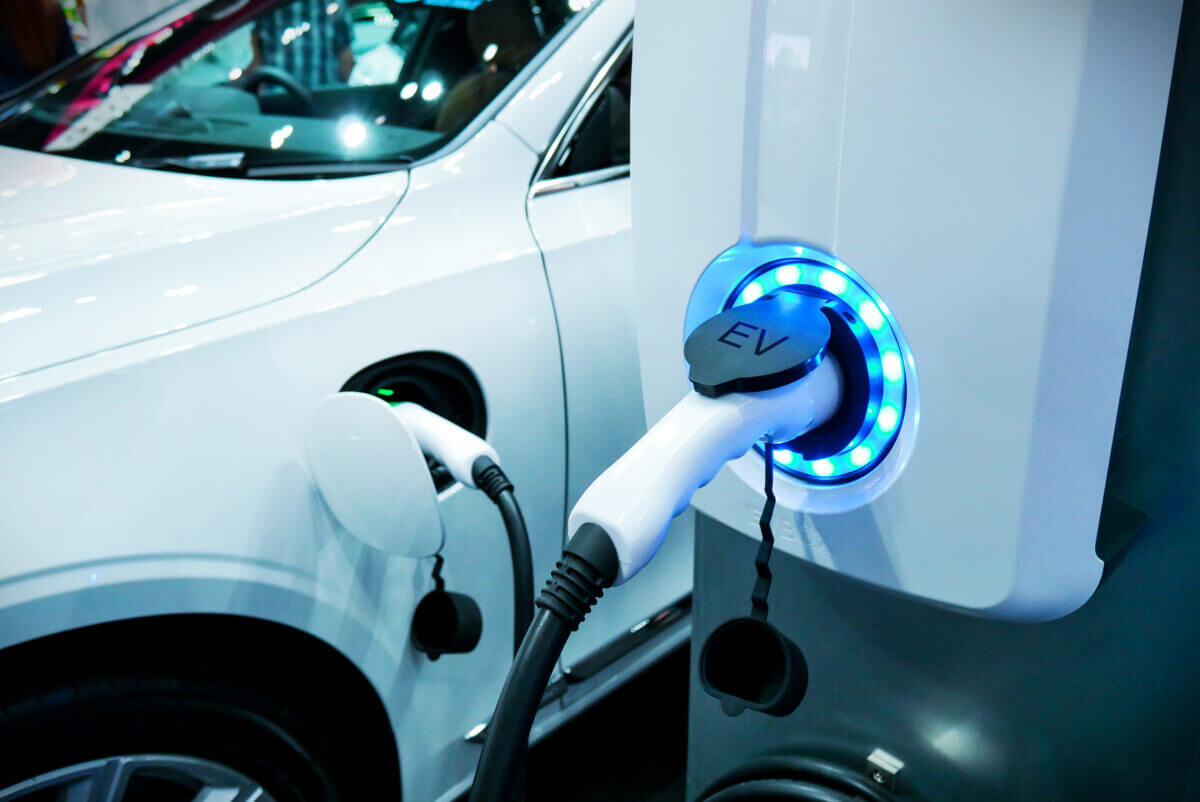
China Dominates EV Market with 9.5 Million Sales in 2024
Quick Look:
- Xi Jinping’s Vision: A decade ago, Xi Jinping emphasized the importance of innovation in EVs, setting the stage for China’s dominance.
- Tesla’s Impact: Tesla’s entry and Shanghai factory in 2019 spurred local manufacturers to enhance their EV offerings.
- Market Transformation: By 2024, China will become the world’s largest auto market, with 9.5 million electrified vehicles sold and BYD surpassing Volkswagen.
Ten years ago, President Xi Jinping’s speech at SAIC Motor Corp. marked a transformative moment for China’s automotive industry. Addressing the need for China to become a dominant force in the electric vehicle (EV) sector, Xi’s words underscored the importance of innovation in new-energy vehicles. This vision was a strategic pivot for a nation transitioning from traditional car manufacturing to spearheading the global EV market.
In 2014, China’s automotive landscape was still evolving, with around 75,000 EVs and hybrids sold domestically and approximately 533,000 cars exported. The market was predominantly controlled by international giants like Volkswagen AG and General Motors Co. They had entered China through joint ventures, facilitating the country’s shift from bicycles to cars. However, indigenous brands lagged behind, perceived as inferior in automotive technology.
Tesla’s Entry: A Catalyst for Change
China’s commitment to EVs was fortified by state policies aiming to overcome environmental challenges and reduce dependency on fossil fuels. These policies included sales goals, subsidies, and the development of charging infrastructure. The pivotal moment came with Tesla Inc.’s entry into the Chinese market, becoming the first foreign automaker to establish a wholly owned operation in China. Tesla’s Shanghai factory, completed in 2019, played a crucial role in galvanising local manufacturers to improve their EV offerings.
By 2024, China’s automotive market had transformed dramatically. The nation became the world’s largest auto market, delivering 9.5 million electrified vehicles last year. Dominating the battery supply chain and seeing homegrown champion BYD Co. surpass Volkswagen as the best-selling brand in China, the country also overtook Japan as the largest auto exporter, sending 4.14 million units abroad, with 1.55 million of those being EVs or plug-in hybrids. These milestones highlighted the success of Beijing’s industrial policies and investments. Also stirred tensions with Western nations, concerned about the disruption to traditional auto supply chains.
EV Trade Tensions and Global Implications
China’s burgeoning EV industry has not been without its challenges. As domestic growth slows and a price war ensues, Chinese automakers increasingly look abroad. However, they face significant trade barriers, particularly in the EU and the US. They are striving to develop their own EV supply chains. Both regions have accused China of exploiting government subsidies to flood global markets with excess capacity. In response, the US has significantly increased import tariffs on Chinese cars, exceeding 100%. The EU has launched investigations into potential unfair advantages. Brazil has revoked tax incentives on imported EVs, and even Russia, despite being a close ally, has urged Chinese manufacturers to consider localising production.
Beijing has not taken these measures lightly. The China Chamber of Commerce to the EU recently indicated that import tariffs on cars with large engines might increase from 15% to 25%. As the June 5 deadline approaches for the EU to disclose preliminary findings on Chinese EV subsidies, the potential imposition of tariffs looms large. This escalating trade friction underscores the global impact of China’s rapid ascent in the EV sector. China’s journey from a minor player to a dominant force in the electric vehicle industry within a decade is a testament to strategic vision, policy support, and technological innovation.




